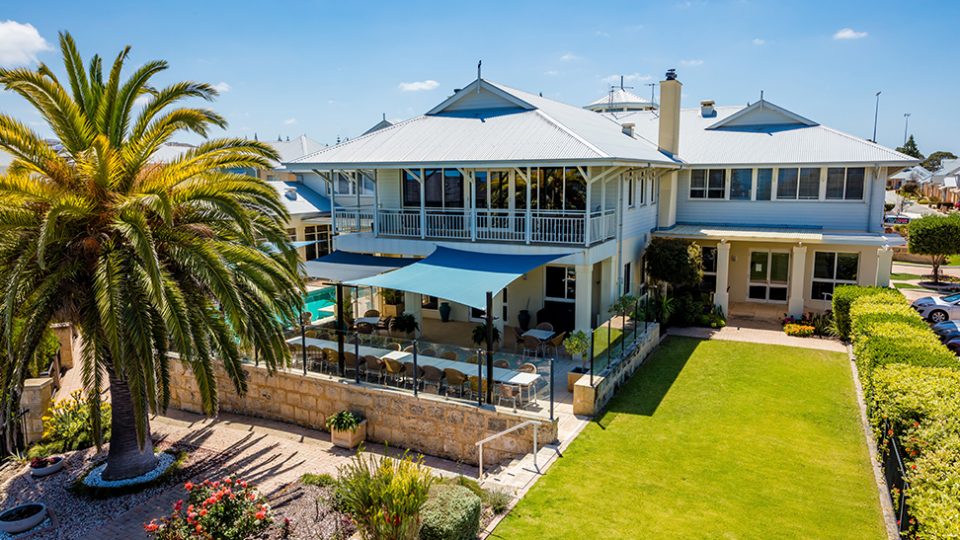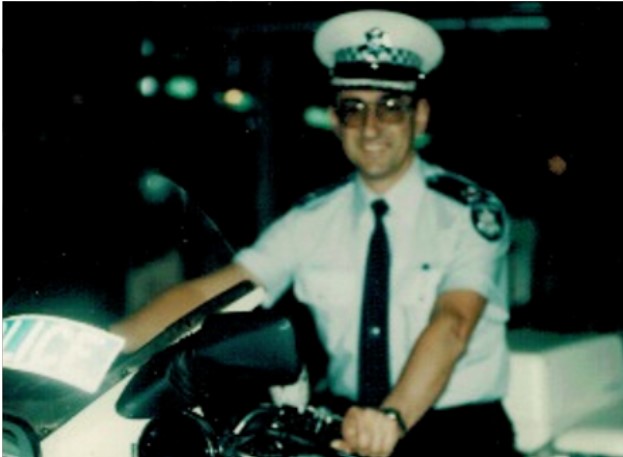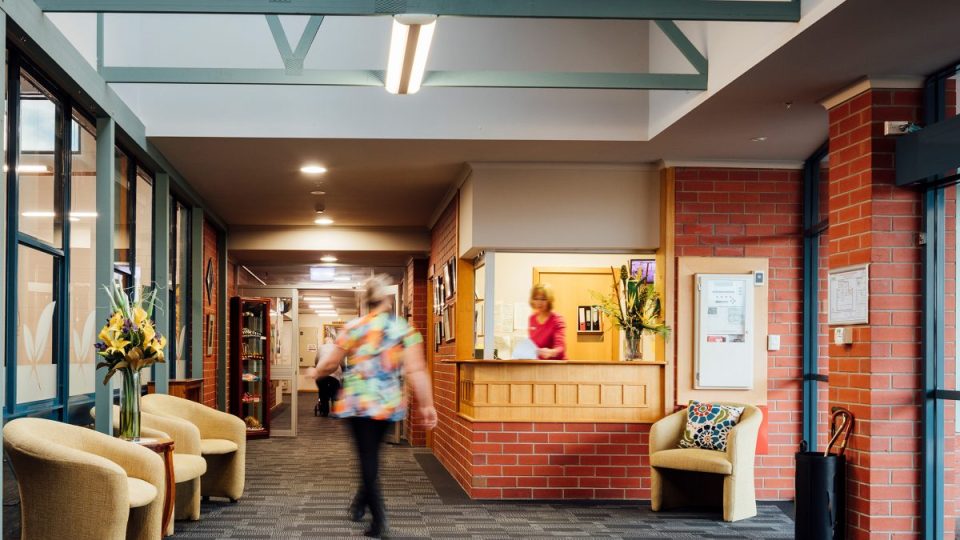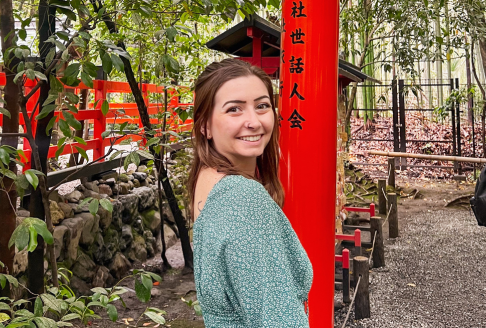Meet Erin Macdonald, one of our talented Baptcare Allied Health team members. Erin works as a Diversional Therapist, supporting our Home Care clients’ wellbeing through tailored leisure and recreation-based interventions. She’s also part of an award-winning team, recently recognised by Baptcare for their exceptional performance on the front lines of care.
Read on to discover more about Erin’s work in Diversional Therapy, her views on what helps create a high performing team and of course, why she loves working at Baptcare.
When did you start working at Baptcare?
I started working at Baptcare in December of 2022, about a month after I arrived in Australia from Canada.
What does a Diversional Therapist do?
As a Diversional Therapist, I work to keep people engaged and busy in their day to day lives. I focus on social, cognitive, physical, spiritual domains and help people engage and stay connected with areas of current or previous interest. I focus on helping people reconnect with previous hobbies or assist them with starting new hobbies that would offer various benefits to them. A collective goal as a Diversional Therapist is to increase and maintain clients’ quality of life.
How did you train to be a Diversional Therapist?
For me the process was probably slightly different than somebody who trained in Australia. In Canada, my speciality is titled ‘Recreation Therapist’. I went to college for two years, and obtained a diploma in Therapeutic Recreation, and then went on to University where I obtained an Undergraduate degree in Recreation and Leisure studies with a major in Therapeutic Recreation.
What kind of personal qualities are needed to do this job well?
Empathy and kindness play a huge part in this job. To be able to help people improve their quality of life, it is super helpful to be able to understand how they feel and to be able to put yourself in their shoes. Additionally, being friendly and outgoing really allows you to connect with individual clients and encourages them to feel comfortable around you.
What is a typical day at work like for you (if there is such a thing as a ‘typical day’)?
Most days are similar, but also very different. I work in Home Care so I typically see clients daily whether it is for an initial assessment, or a follow up home visit to continue implementing the recommendations and action plan that is curated during the initial assessment. I also have a high volume of behind the scenes work that includes researching supplies for specific clients or connecting with community centres on clients’ behalf.
You are part of a team who recently won a Baptcare We Care Values and Safety Star Award for Co-Creation – congratulations! Tell us, reflecting on the team you are in – what are the key qualities that drive excellence there?
Having the motivation to meet and exceed the needs of clients, and being able to work together effectively as an inter-disciplinary team that has the same goal for our clients’ needs, are both important qualities to have a positive client outcome. Everyone works together in so many ways – whether it is suggesting referrals for different team members or communicating about clients that we see.
Have you always worked in the aged care industry?
Yes, I have mainly always worked in aged care, Most of my experience has been in Dementia Specific Aged Care facilities but I have also worked in outpatient mental health and day programs for adults with various disabilities. I have always enjoyed working in the aged care industry.
Why do you like working at Baptcare?
Baptcare has such a supportive team environment, which is an environment I find easiest to thrive in. Everybody is very supportive of one another. I also really enjoy the flexibility, and work life balance the company promotes.
What do you enjoy doing in your time away for the office? Any hobbies or other interests you’d like to share?
I spend most of my free time outdoors, I love hiking, camping, beach days – anything that gets me outside. I have also recently become interested in photography and started pursuing that hobby which I have really enjoyed.
In the winter I snowboard frequently which is the hobby I am most passionate about – I am a winter lover for that reason.
What is your motto in life?
I live by the belief of trusting in timing and that life is shorter than you think – live it to the best of your desires.
If you could sit down and have dinner with anyone (living or not) who would it be and why?
If I had the option, I would love to have dinner with my grandmother – she passed away when I was a toddler and I would love to be able to have a dinner and conversation with her. The stories I have heard have led me to believe she was an incredible woman – and I would love to hear those stories firsthand.
Please complete this sentence …” My perfect weekend would include ….”
A perfect weekend for me would include going on a day road trip out of the city (I love exploring new areas) going to a local market, finding a nice hike and spending time laughing with friends.
Thank you, Erin, for your outstanding contributions to our clients’ care. We deeply appreciate everything you and your fellow team members do to enrich our community.
If you are interested in working at Baptcare and joining a great community of supportive colleagues dedicated to the health and wellbeing of our clients, click here to learn more about our career options.
Community news
-

BaptistCare to acquire Keyton’s Western Australian retirement village portfolio
BaptistCare is pleased to announce that we have entered into an agreement to acquire Keyton’s portfolio of retirement villages in WA.
- 13 Nov 2025
-

Spotlight on Residents: Reg Baker
At Baptcare, we are always delighted to learn more about our residents’ lives. They are often filled with excitement, joy, and adventure, and it truly reminds us how rich a person’s life is—and continues to be—when they join one of our residential aged care communities. Today, we are honoured to share the remarkable story of one of our residents, Reg Baker, who lives at Baptcare Peninsula View Residential Aged Care community.
- 10 Nov 2025
-

Staff spotlight | Leonie Irvine – 35 years of service in aged care
Leonie is one of our dedicated Lifestyle Assistants at Karingal Residential Aged Care community in Devonport, Tasmania. She recently celebrated an incredible milestone - 35 years of continuous service at Baptcare. In a sector where long-term service is increasingly rare, Leonie’s 35-year journey stands out as something truly special.
- 10 Nov 2025

